 I love getting to know my characters–it’s one of my favorite parts of writing a story. But it wasn’t always that way! When I first started writing, I stressed out so much over creating life-like characters. Just how much did I need to know about them? I thought that in order to make my characters realistic I needed to know everything about them. And I mean everything.
I love getting to know my characters–it’s one of my favorite parts of writing a story. But it wasn’t always that way! When I first started writing, I stressed out so much over creating life-like characters. Just how much did I need to know about them? I thought that in order to make my characters realistic I needed to know everything about them. And I mean everything.
Have you ever seen those lengthy character questionnaires with endless questions like “what’s his favorite color?” or “what’s in her purse right now?” or even “what color underwear does he wear? Boxers or briefs?”
I’m not making this stuff up, people. (Okay, well maybe I am a little). But seriously, I hate all those lists of silly questions. They’re such a waste of time! And I used to think that I needed to answer them all in order to get to know my character. Oh, naivety.
Some of those questions may be interesting and give you insight into your character, but let’s be real here, how much of that information are you actually going to use? And more importantly, how much should you use? You may not realize it, but having too much information about your character can do more harm than good!
The Cons of Questionnaires
How so? Because you when you fill out those sorts of bio questionnaires, you end up with loads of unnecessary information. Which does not bode well for your novel. When you create a character bio, you only want information that is relevant to your story–everything else needs to go.
If you have all of these extra details you find interesting but have nothing whatsoever to do with your story, you’re going to be tempted to find ways to try to cram them in. You might add in random scenes or subplots to show this information, but you will only succeed in confusing the reader. They’ll wonder where you’re going with that, and how it’s important to the story.
The answers is nowhere and not at all. But see, that’s how a reader’s mind works–they trust that everything you’re telling them is relevant in some way to the story, and if it is not important now it will be of importance later. If the reader turns the last page and realizes that one scene where Ben showed off his martial arts skills actually wasn’t of any importance of all, they’re going to feel cheated and lose trust in you.
The Secret to a Focused Bio
So how do you create a character bio that works without going overboard (thus saving you time and headaches)? You need to focus on two main points: the origin of your character’s internal issue, and his goal/motivation.
“That’s it?!” you asked, bewildered.
Can it really be that simple? Yes, yes it can. Okay, so yes, you’re going to explore other things like flaws, strengths, personality traits, etc. but these two points are the guiding lights that are basically the basis for your whole story.
Let’s look at an example.
In Frozen, we see how Elsa’s parents feared her powers and taught her that she should hide them and pretend like they weren’t there. This childhood experience is what creates her internal conflict: her struggle with controlling her powers and her shame of being different. Her goal in the story is to let go of everything she’s tried to suppress and finally embrace herself and her powers. These two things are not only the basis for Elsa’s character, but also the plot of the story!
So what are some do’s and dont’s for creating a solid character bio that doesn’t go overboard?
The Do’s
1. Focus on your character’s arc. Your story is essentially about how your character changes as he tries to achieve his goal. Your character bio should focus on what your character was like before the change that will take place in the story. This usually revolves around the internal conflict. For example, is he prejudiced now but will become accepting by the end of the story? Dig around and found out why or where this started.
2. Give every major character a bio. Yes it’s a lot of work, but it’s important work. You need to understand what makes all of your characters tick, what they want, and what’s motivating them. Of course you won’t need to go as in-depth for minor characters as opposed to main characters, and not everything will make it onto the page, but you need to know it in order to make them realistic.
The Don’ts
1. Don’t hold back. Don’t shy away from getting into the psychology of your character. Explore their past and unearth their secrets, sins, and skeletons. What are they hiding that they don’t want to tell you? Dig deep and make them talk.
2. Don’t try to write your bio like it’s your novel. Forget perfection. No one is going to see this except you, so who cares if it’s a hot mess? Scribble, use brief notes only you can decipher, jump around all over your character’s timeline. Anything goes.
What’s your opinion on character questionnaires? What methods do you use for creating your character bios?










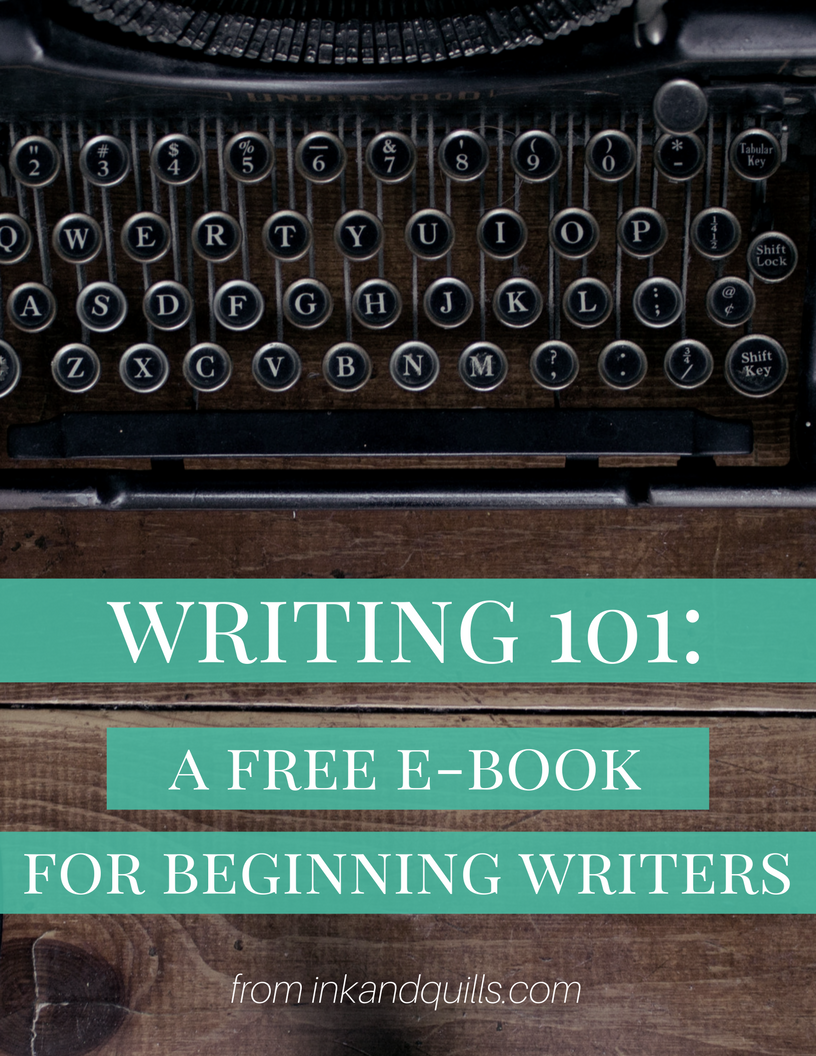

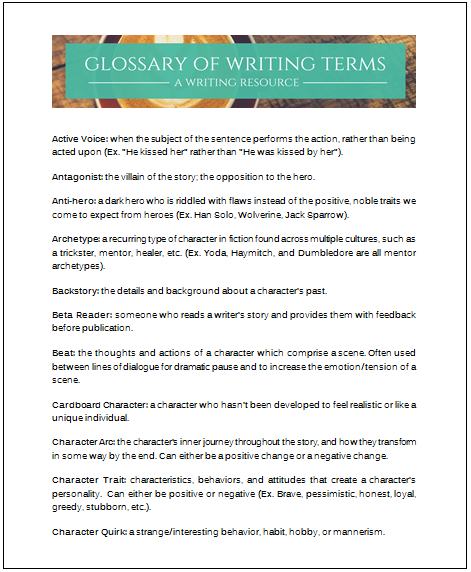

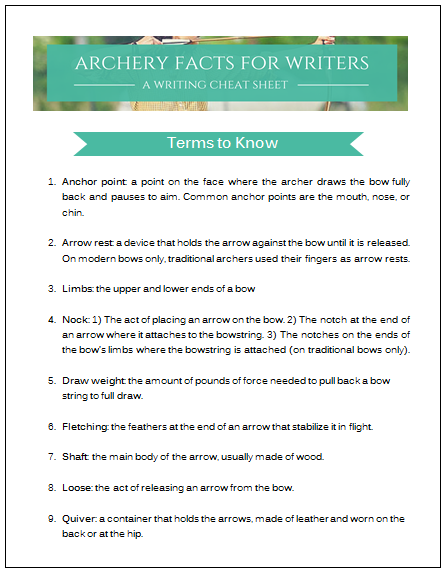



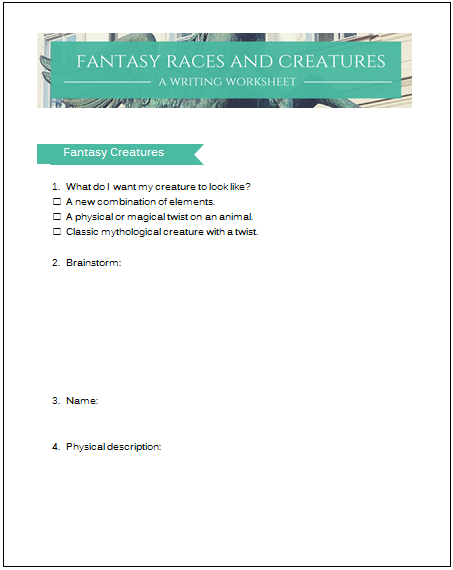


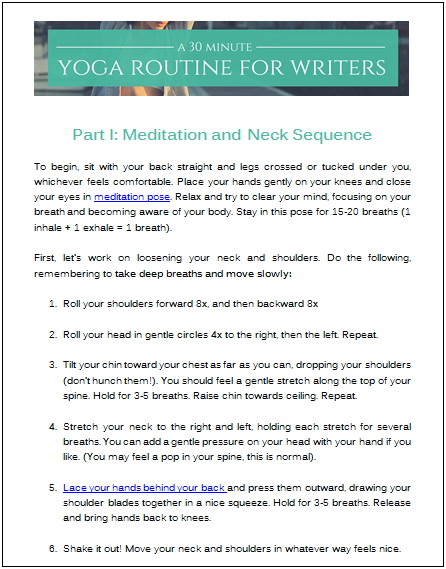
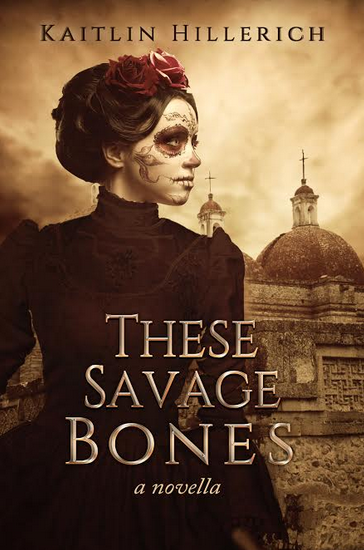
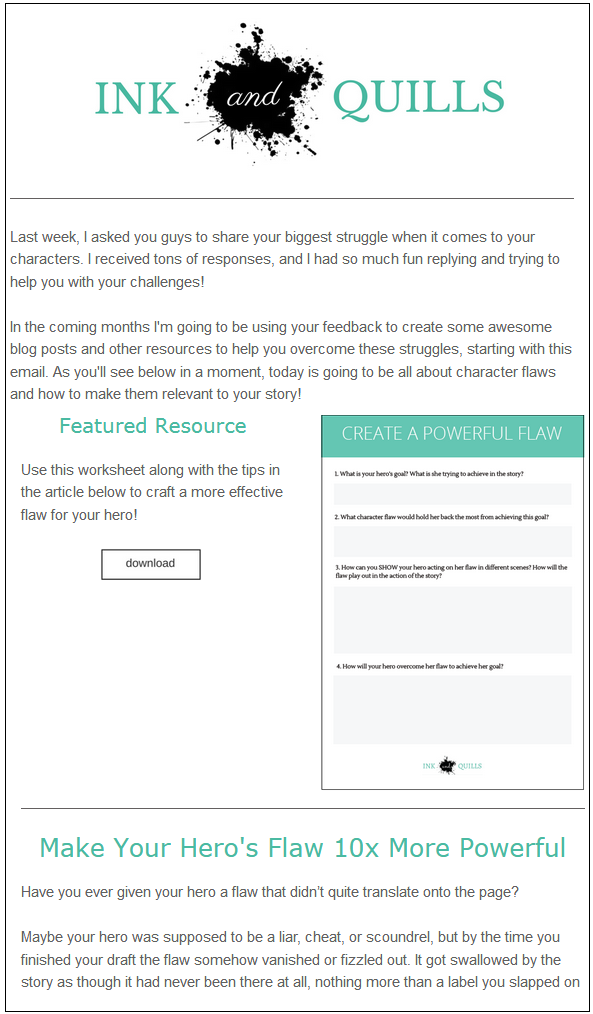
You nailed it on the head, Kaitlin. The number one reasons character worksheets have never worked out for me is because they NEVER contain information pertinent to my character/plot/world besides the character’s name.
So I started creating my own through excel charts…but that’s another story.
I just really wanted to pop by and say thanks for saying what needed to be said <3
Yesss! I always felt like I knew all this stuff *about* my character but I didn’t *know* my character, if that makes sense. That’s why I had to design my own questions that just dealt with the important stuff cause I was tired of wasting time! Excel charts? That sounds interesting! I’m glad you found a way that works for you 😀 And thanks for stopping by! <3
I’ve never cared much for questionnaires either. I wholeheartedly agree that the most import things to know is the internal and external goal. That pretty much defines your character.
storitorigrace.blogspot.com
Agreed, I think we writers try to make it more complicated than it needs to be haha.
LOL! Great article.
I have dusty “how-to” books on my shelf with questionnaires. All that matters is how characters “foil” each other – similarities and dualities the mental, spiritual, physical domains. Also: I found this page through @emilywritesbooks on IG.
Podcast page: Dynneson.me
Good tips 🙂
I find questionnaires, interviews and worksheets to be so tedious and most of the stuff like the character’s favourite colour is irrelevant and pointless. They take way too long to do especially when I am writing many characters. All I want is to know the important bits and this sums it up well.
Great post.